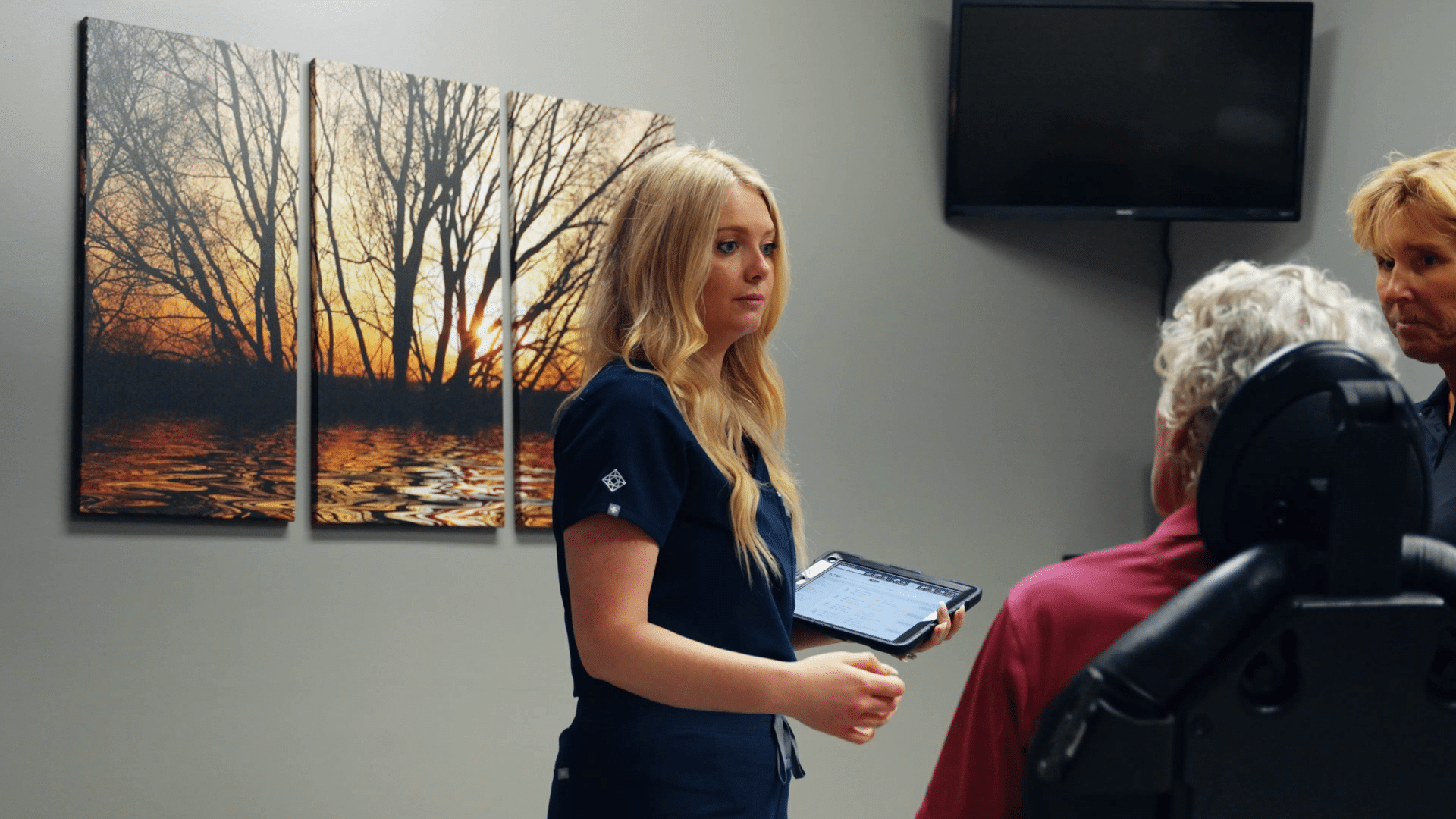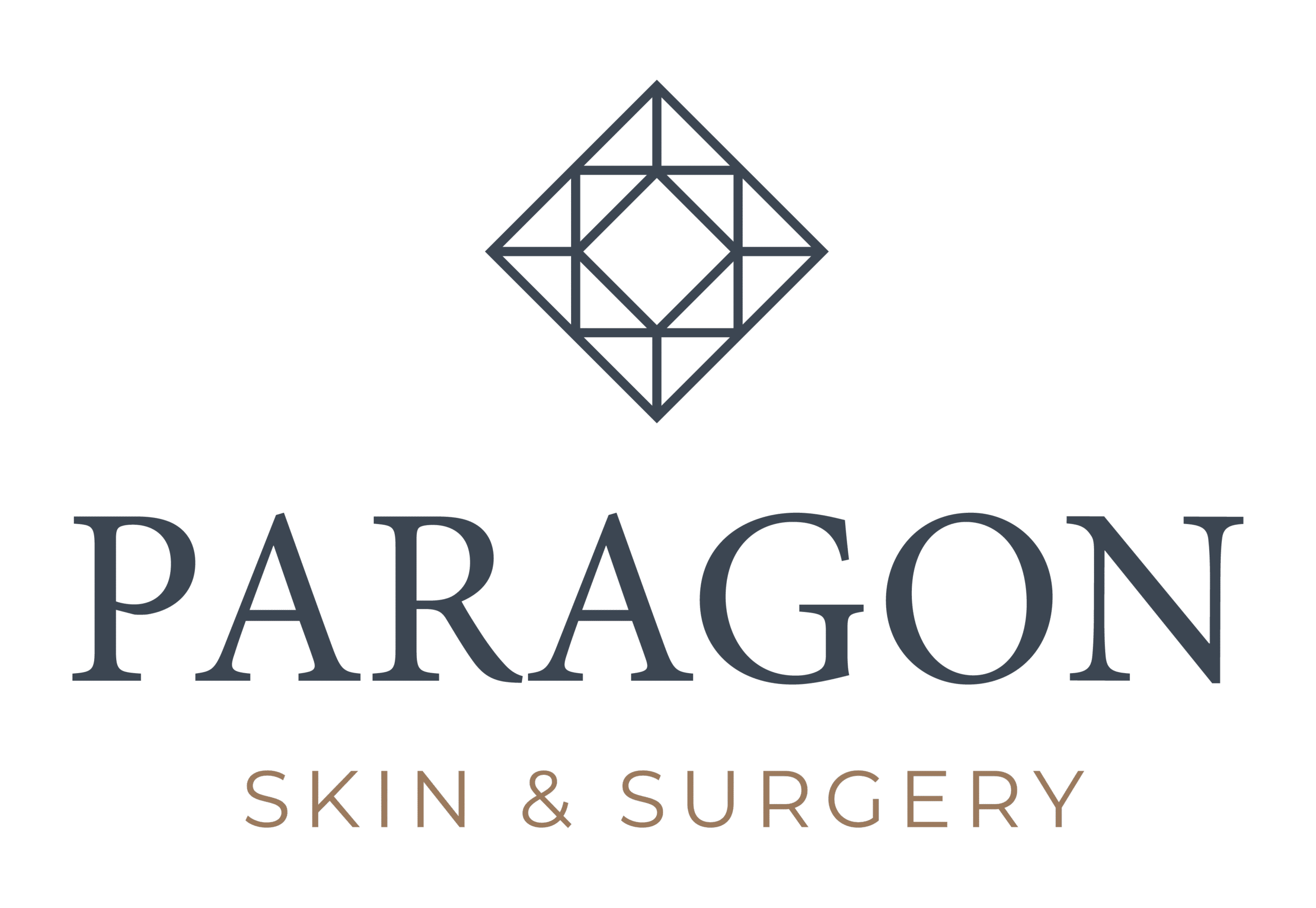
At Paragon Skin & Surgery, we use advanced tools to provide the most accurate skin cancer screenings possible. One of the most valuable diagnostic techniques we use is dermoscopy a non-invasive, in-office procedure that allows us to examine the skin in greater detail than the naked eye can detect.
How
Dermoscopy Works
Dermoscopy (also called dermatoscopy or epiluminescent microscopy) involves the use of a dermatoscope, a handheld device equipped with a magnifying lens and polarized light. This tool allows our providers to visualize subsurface skin structures, such as pigment networks, blood vessels, and cellular patterns, which are not visible during a standard skin exam. These enhanced details help us:
- Differentiate benign lesions (like moles or seborrheic keratoses) from suspicious or malignant lesions
- Identify early-stage melanoma, basal cell carcinoma, and squamous cell carcinoma
- Monitor changing lesions over time without the need for immediate biopsy

Why
Dermoscopy Matters
At Paragon Skin & Surgery, dermoscopy is a critical tool used by our entire team of trained dermatology professionals—including board-certified dermatologists, Mohs surgeons, and Physician Assistants
- Improves diagnostic accuracy for melanoma and other skin cancers
- Reduces unnecessary biopsies, minimizing patient discomfort and scarring
- Guides informed decisions about which lesions to biopsy or monitor over time


What to Expect During a Dermatoscopic Exam
A dermatoscopic exam is:
Quick – Usually just a few minutes
Painless – No cutting, scraping, or discomfort
Safe for all skin types and ages
If we notice a spot that looks concerning under the dermatoscope, we may recommend a biopsy for further evaluation or use dermoscopy to monitor it over time.
Committed to Early Detection
Schedule your skin cancer screening today and ask us about dermoscopy during your visit.


